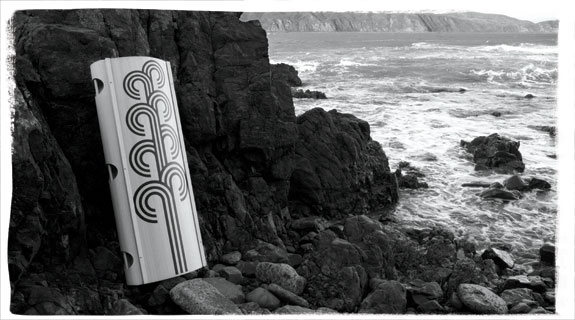How Great Ideas are Formed
Creative Coach, Mentor, Podcast Editor, and Writer, Lara Franks shares her insights into stages of the creative process.
Whenever we come up with an idea and start implementing it, we all go through our own unique process, which can become quite ritualistic. Everyone has a different way of doing things and what works for one may not work for another. There are however 5 key stages that often happen subconsciously.
I spent many years not being fully aware of this powerful process, that was until I discovered the book ‘A Technique For Producing Ideas’ by James Webb Young. It gave me a structure within the free flowing messiness that creativity is, and I realised that becoming conscious of these fundamental steps was a game changer!
Since stumbling across this I have done further research into how great ideas are formed and taught the technique to many people who were feeling creatively blocked and unable to move forward.
Does that sound like you?
Don’t worry, you’re not alone. If you’ve been feeling stuck, these 5 key stages can really help guide you through moulding and producing exceptional work.
Interestingly what I have found through those that I have coached and mentored, is that step 2 is the one that is so often missed because it seems counterproductive. It could however arguably be the most important piece of the puzzle, and the one that helps you gain momentum. Keep that in mind as you read through the below.
The 5 Key Stages of the Creative Process
Before I share the process with you, understand that even though you could move through each stage consecutively from 1 to 5, you may also jump back and forth depending on the complexity of your idea. This is completely normal. The biggest benefit of knowing these 5 key stages is that it gives you a system that can be constructed around your unique way of doing things.
1. Preparation
In this first part of the process your brain is using its memory bank to draw on knowledge and past experiences to generate original ideas. This is a time for seeking inspiration, researching, gathering information, creating a vision/mood board, and maybe booking in a course/workshop or working with a coach.
You brainstorm and let your mind wander to consider all possible approaches to building out your idea.
2. Incubation
You’ve done a lot of research and brainstorming, and maybe had some sleepless nights thinking about how you’re going to tackle your idea. Your mind has been working overtime, so now your only job is to take a step back and rest. You might work on another project or take a break from the creative process altogether. Regardless, in the incubation stage, you are not consciously trying to work on your idea.
Your brain can only hold so much knowledge and information at any given time. When you get away from the busyness for a moment, your mind has a chance to relax and that’s when illumination happens.
So, adventure out into nature, get a massage, live your life and have fun – ‘being’ is just as important as ‘doing’.
3. Illumination
This is when the downloads start to occur, the ‘aha’ moments and clarity. It’s like the answer suddenly just jumped into your body, shook you and said “HEY here I am, this is what you need to do!”
During the illumination stage you may also have serendipitous moments. You get a clear sign, you’re introduced to the exact right person to help you move your idea forward, or you stumble across something totally random that makes it all click.
This all happens because you have allowed yourself the space to breathe. You are not overwhelmed, frazzled, frustrated and stressed… you are in flow. Which means you are able to receive and recognise the opportunities, the solutions, and the next steps.
4. Evaluation
Now that you’ve got clarity, it’s time to go back to everything you gathered in the preparation phase. Here is where you add new insights or eliminate things that you’ve realised don’t fit anymore. It’s a time of reflection and making sure everything aligns either with your initial vision, or your adjusted vision.
You might also now do market research to test the viability of your idea. Maybe you create a survey or you do beta testing with a small group of people. This can help you understand more fully if you need to go back to the drawing board or forge on, confident in what you’ve come up with.
5. Verification
This is the final stage of the creative process and when the hard work happens.
Your idea might be a physical product, an advertising campaign, a song, a novel, a particular service – anything that you set out to create, propelled by the initial idea that popped into your head.
Now you finalise your design, bring your idea to life, and share it with the world.
The final step is often the most vulnerable part of the process because it means putting yourself out there which leaves you open to praise and criticism. So many people pull the plug at this point, which is such a shame. But I completely get it because I have done that before too.
My biggest piece of advice here is to try and detach yourself from your work. Release your idea and let go of any control or thought that if people don’t like it that means they don’t like you. Learning not to take things personally will set you free.
Whatever outcome you get is exactly what was meant to happen. Every piece of feedback, failure, mistake, review, is an opportunity for growth and expansion. Some of the most successful ideas out there were formed by accident from failed attempts.
If you ever get to the final stage in the creative process and feel yourself holding back, just remember, it all could go so much better than you had ever expected.








